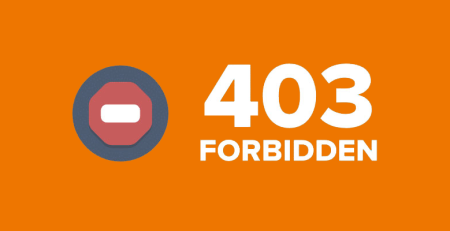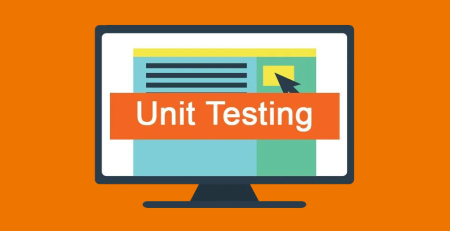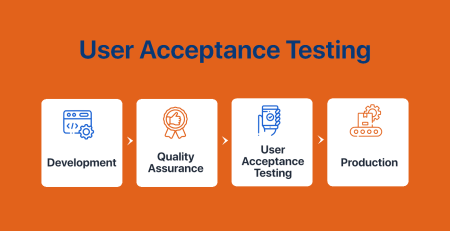What is the best framework for Unit Testing?
The appropriate framework for unit testing may depend on the programming language, environment, and particular requirements of a project. There are a number of well-liked frameworks for unit testing. Some of the most popular unit testing frameworks are listed below:
- JUnit: JUnit is a popular unit testing framework for Java programming language. It provides annotations to define test methods, assertions to validate results, and support for test suites and fixtures.
- NUnit: NUnit is a unit testing framework for .NET languages such as C# and VB.NET. It offers a rich set of assertions, attributes to control test execution, and support for parameterized tests and test fixtures.
- PHPUnit: PHPUnit is a unit testing framework for PHP. It provides a comprehensive set of assertions, support for data providers, test doubles, and code coverage analysis.
- Mocha: Mocha is a JavaScript testing framework that supports both unit and integration testing. It offers a simple and flexible API, support for asynchronous testing, and a range of reporters and plugins.
- Pytest: Pytest is a Python testing framework that aims to be simple and expressive. It provides a powerful assert statement, fixtures for setting up test data, and plugins for extending functionality.
- Jasmine: Jasmine is a JavaScript testing framework that focuses on behavior-driven development (BDD). It provides a readable syntax for defining tests, support for spies and stubs, and integration with other tools such as Karma and Protractor.
- XCTest: XCTest is a unit testing framework for Apple platforms such as iOS, macOS, and tvOS. It supports Swift and Objective-C languages, offers a range of assertions and expectations, and integrates with Xcode.
The most effective unit testing framework ultimately depends on the particular requirements of a project and the preferences of the development team. Selecting a framework is crucial because it should support the programming language and environment, have enough functionality for testing, and be simple to use and maintain.













Comment (1)
Absolutely love this discussion about unit testing frameworks! It’s fascinating to see how developers have a variety of options to choose from based on their project’s needs.